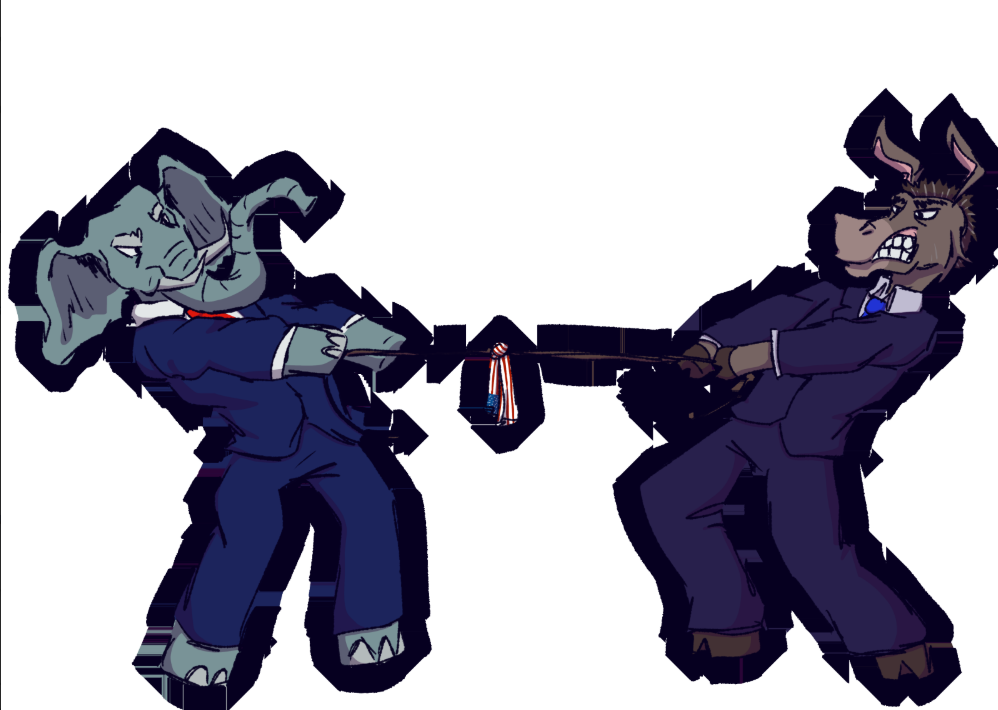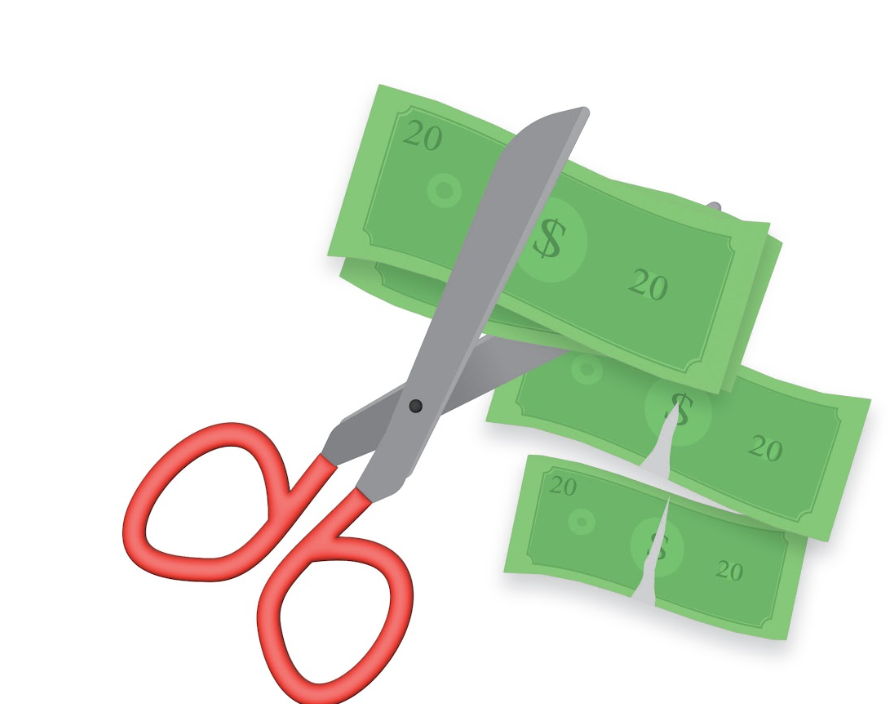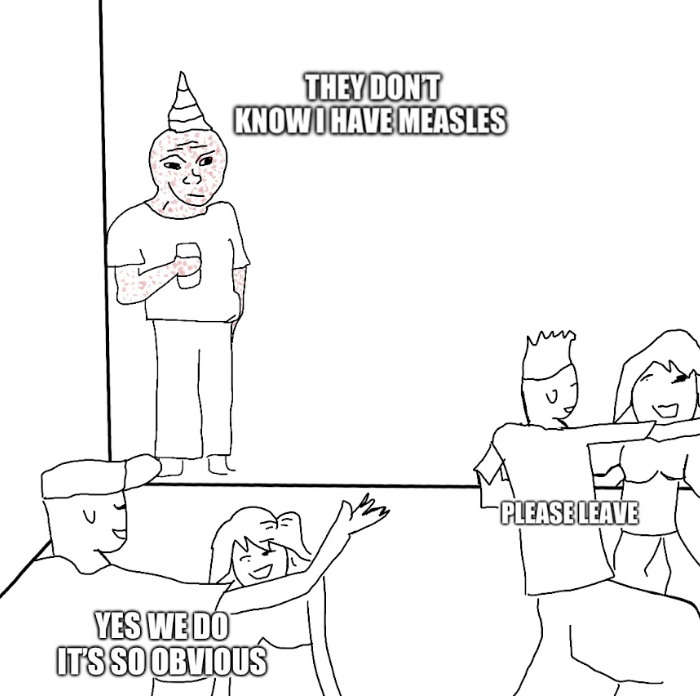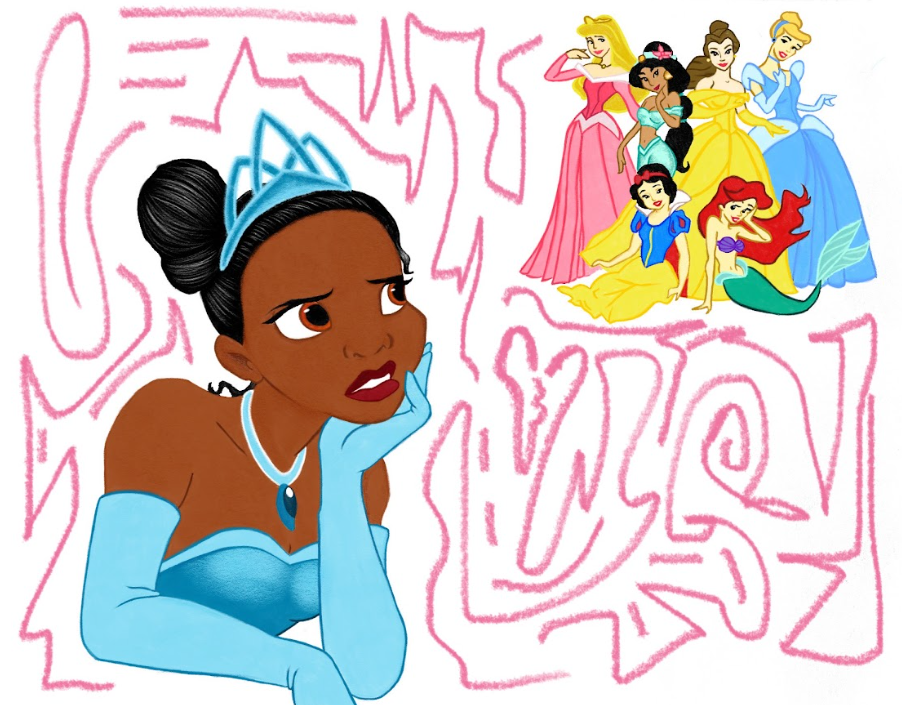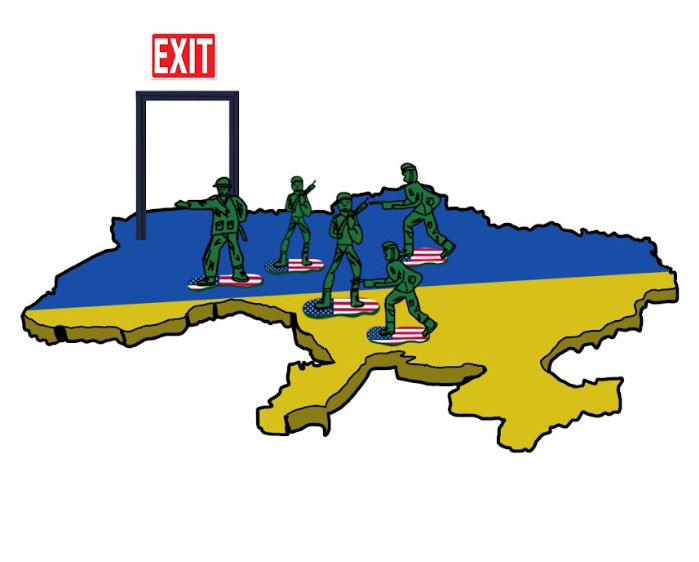Should college athletes be paid? It is not a matter of whether they should or should not be at this point; it is a matter of how.
In recent years, college athletes have gained the ability to earn compensation through their name, image and likeness (NIL) rights. This means they can enter into endorsement deals and partnerships. Some universities are also exploring direct compensation for their athletes, breaking traditional norms and providing new opportunities for student-athletes to monetize their talents while in school.
It is no secret that college athletes are getting paid. In 1953, the term “student-athlete” was coined. In a lawsuit known as “University of Denver vs. Nemeth,” it was ruled that “the Colorado Supreme Court held that a college football player was an employee of the university and eligible for workers’ compensation benefits.”
Despite being an “employee” of the university, no single university in the U.S. has given athletes a regular salary, which maintains their status as a student of the university. Some universities pay student-athletes through bonus payments based on their academic accomplishments throughout the year, while others allow student-athletes to take NIL deals.
NIL deals put the ball directly in a student-athlete’s court, whereas direct payments from universities or extensions of a university could land athletes in court.
Reggie Bush, a former University of Southern California (USC) football star, faced NCAA sanctions in 2010 for receiving impermissible benefits while at USC. These benefits included money, housing and gifts from sports marketers who supposedly had ties to USC’s booster club. The NCAA imposed penalties on USC, and Bush voluntarily forfeited his Heisman Trophy. The case brought attention to amateurism issues and contributed to discussions on compensating college athletes for their NIL.
NIL has proved to be a legal way for athletes to earn money based solely on themselves. Athletes such as Trevor Lawrence, Paige Bueckers, Bryce Young, Emoni Bates, Olivia Dunne and more, have made deals with brands such as Gatorade, Cash App, etc., that helped them make money while in school and helped to pay for the many expenses that accumulate while attending a university.
It is important to note that the landscape of NIL deals is continually evolving, and more athletes across different sports are exploring and securing opportunities, but NIL deals overall consist of a business-to-business model where athletes can market themselves in a legal space and make money while doing so. Ultimately, NIL is the best source of income for athletes.



